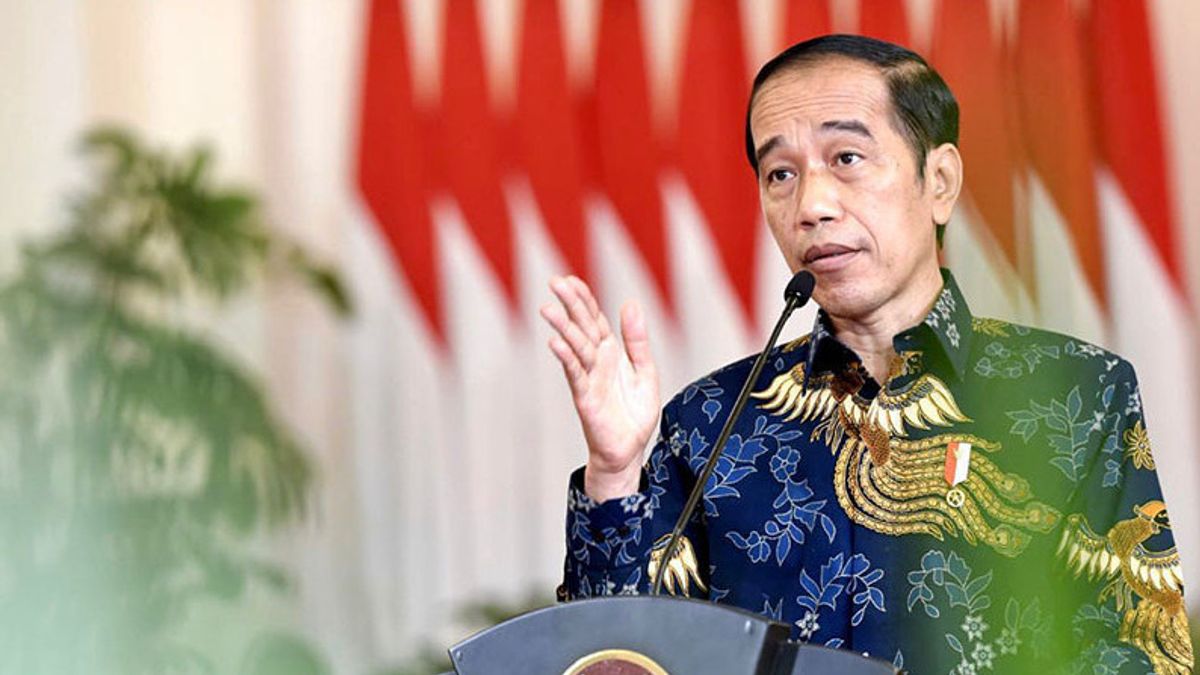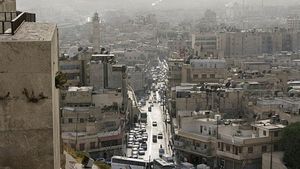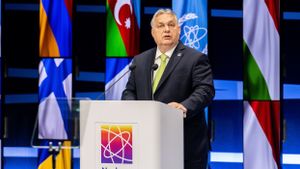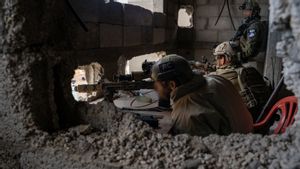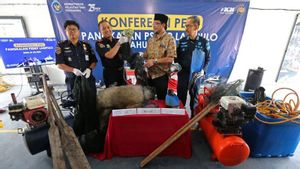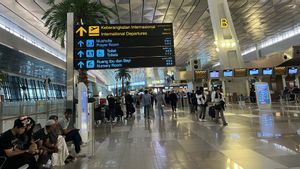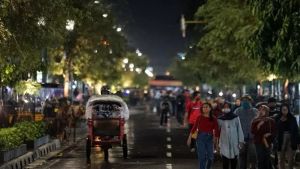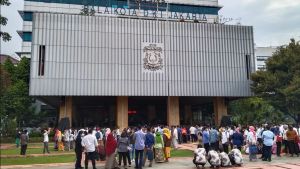JAKARTA - After facing the COVID-19 pandemic for two years, the government has finally invited Muslims to perform Tarawih prayers in congregation at the mosque during the month of Ramadan. This news was delivered by President Jokowi.
"This year, Muslims can return to performing taraweeh prayers in congregation at the mosque while still implementing health protocols," Jokowi said in a statement broadcast on the Presidential Secretariat's YouTube, Wednesday, March 23.
Jokowi said this policy was taken after the spread of COVID-19 cases in the country had improved. This is what makes the government decide to make easing.
"The improving pandemic situation also brings optimism ahead of the holy month of Ramadan," he stressed.
This easing was later highlighted by an epidemiologist from Australia's Griffith University, Dicky Budiman. He said, there are a number of things that must be done to prevent an increase in cases, especially since COVID-19 can be transmitted without causing any symptoms.
One of the things that can be done is to educate the mosque keeper and administrators about health protocols. According to Dicky, it is important for related parties to do this so that the virus does not spread.
"This will be very important to be prepared beforehand, namely literacy of mosque keeper, mosque administrators about health protocols," said Dicky when contacted by VOI, Thursday, March 24.
In addition, Dicky said, it is important for mosques to provide adequate air circulation and ventilation. Thus, the air is maintained because COVID-19 spreads through airborne.
Next, the mosque that will hold the tarawih prayer is also expected to make a registration system for the congregation who will pray there. If this is not possible, PeduliLindungi can be an application for tracing and data collection.
"For example in Australia, people who are going to the mosque scan the barcode, must have been vaccinated, and have no contact with the case. That's always the case," he said.
"There are even mosques that already have permanent worshipers who register via email. That means to ensure that the person's immune status is, in this case, the vaccination and booster have been fulfilled and not in a close contact case," added Dicky.
Furthermore, risk communication should also be built for the community. Dicky said that all parties must be reminded that even though COVID-19 cases have decreased, it does not mean that the virus is no longer there.
"The virus still exists. So it must be paid attention to, especially since the majority of those who are infected are those who are asymptomatic," he stressed.
In building this risk communication, Dicky assessed, the role of religious leaders is very much needed. They must help the government to convey to the congregation who will pray, if they do not feel well, they should worship at home.
Not only religious leaders, people who worship in mosques must also remind each other to maintain health protocols. So that, going forward, cases of COVID-19 can be maintained.
"So to be aware of that, we have to build risk communication. That the congregation who will pray, if they feel unwell, have a history of contact, awareness must be built not to be forced into the mosque," explained Dicky.
"Then also, (congregants, ed) remind each other in the mosque itself," he concluded.
The English, Chinese, Japanese, Arabic, and French versions are automatically generated by the AI. So there may still be inaccuracies in translating, please always see Indonesian as our main language. (system supported by DigitalSiber.id)
